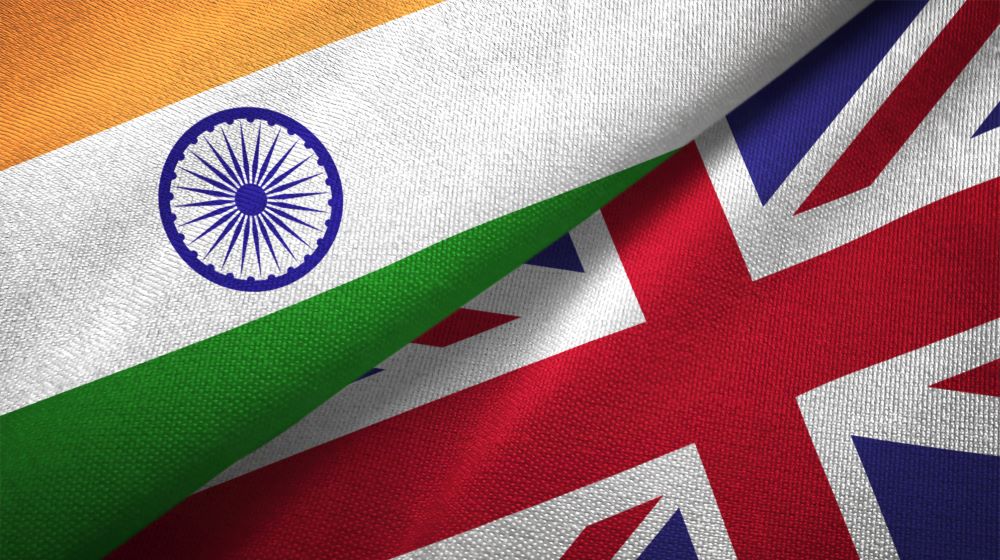
The UK government has “started the firing gun” in its bid to secure a comprehensive trade agreement with India by launching a 14-week public consultation on what it should seek to prioritise in the negotiations.
The two countries committed to the aim of securing a trade deal when announcing £1bn of private-sector investment earlier this month.
Slash barriers
According to a statement announcing the new consultation today (25 May), the government wants a deal that “slashes barriers to doing business and trading with India’s £2 trillion economy and market of 1.4 billion consumers”.
Prime Minister Boris Johnson has also pledged to double UK trade with India by 2030.
Government data shows that UK exports to India increased in value by nearly a fifth (19.3%) between 2017 and 2018, amounting to £8 billion in total.
Better than Japan deal
International Trade Secretary Liz Truss said in today’s statement that the UK has “started the firing gun” in launching the consultation.
Truss also told the Telegraph that she hopes the UK can secure a deal that exceeds the one India signed with Japan in 2011.
Difficult partners
India has a reputation for being a difficult country to secure a trade agreement with due its history for adopting protectionist trade policies.
Its 2011 deal with Japan was perceived at the time as a landmark for the country and Truss points to it as proof that a UK agreement can be secured.
Alan Winters, founding director of the UK Trade Policy Observatory in the University of Sussex, told the Telegraph that the talks are “going to be tricky” and highlighted manufacturing, textiles and some professional services sectors as likely flashpoints.
Collective response
The consultation is seeking views from “members of the public, businesses and other interested parties” about where the biggest gains from a deal could come and what the government should prioritise in the negotiations.
The Institute of Export & International Trade will be holding its own consultation over the summer and will act as a representative for the UK’s wider trading community when taking its conclusions to the government later in the year.
Paul O’Donnell, public affairs director at the IOE&IT, said: “If you want your views to form part of a wider response – that of the international trade profession as a whole – then look out for the IOE&IT’s own consultation process. This will run over the early part of the summer and we will feed our results into HM Government.”
If you’d like to submit your own views individually, you can reply to the consultation here.
